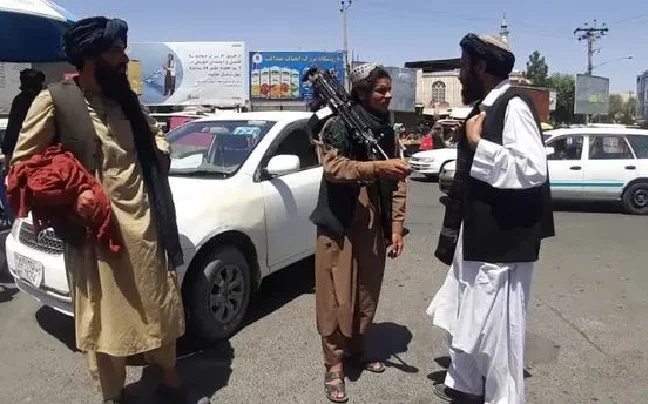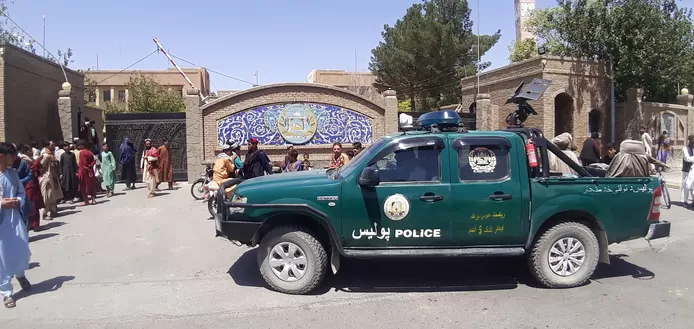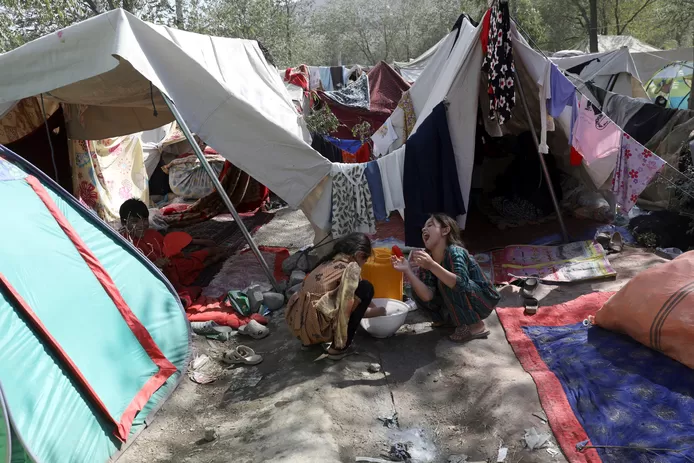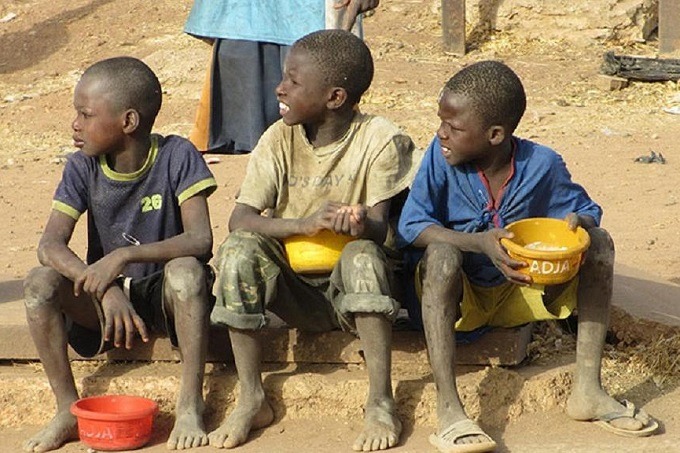More countries evacuate embassy personnel from Afghan capital Kabul, Taliban take second and third-largest city in the country

More and more countries are taking measures for their embassy staff in the Afghan capital, Kabul, as the Taliban advance rapidly. Yesterday and last night, Kandahar and Herat, the second and third largest cities in the country, also fell into the hands of the radical Islamic movement. Denmark and Germany, among others, are following the United States and the United Kingdom, and are (partly) removing their staff.
Denmark is closing its embassy due to the deteriorating security situation and is evacuating its staff, Foreign Minister Jeppe Kofod said. According to Minister Heiko Maas, Germany has decided to limit the number of staff at the embassy to the “absolute minimum”. Security is tightened. The Netherlands has also announced that it is preparing a possible evacuation of the embassy in Kabul. The European countries with ties to Afghanistan are already evacuating their staff.
The United States already announced yesterday that it would evacuate a significant number of employees from its embassy in Kabul and is sending 3,000 military personnel to the airport to help with the logistics operation. Currently, 650 American soldiers are still in Afghanistan to protect the embassy, among other things. The British have announced similar measures and are also temporarily sending military reinforcements. Both countries are also taking measures to get Afghan interpreters and other (former) employees out of the country.
The government in London will hold emergency consultations this afternoon. NATO ambassadors also hold consultations.
More than half of provincial capitals have fallen
With the withdrawal of international troops this spring, the radical Islamist Taliban have a chance to retake the country. Of the 34 provincial capitals, 18 are now under the control of Sunni extremists, more than half. In the south with more than 650,000 inhabitants, Kandahar fell last night, although Herat in the west with almost 600,000 inhabitants was also taken last night.

Kandahar is the capital of the province of the same name and the economic center of the south. It was also the birthplace of the Taliban movement in the 1990s. The city also served as the capital of the Islamists during their reign between 1996 and 2001. The city had been the subject of fierce fighting between the government and the Taliban for more than three weeks before security forces attacked the country’s second-largest city this afternoon, according to Gul Ahmad Kamin, who represents the province in parliament.
Attack
After the important city of Lash Kargah this morning, the Taliban captured Pol-e Alam in Logar province, a provincial capital about 70 kilometers south of Kabul. In security circles, it has long been said that Taliban fighters are gathering in Logar for an attack on Kabul. The Taliban control five of the seven districts; the two closer to Kabul province – Koshai and Mohammed Agha – are disputed. From Pol-e Alam, it is only about an hour and a half by car to Kabul.
Therefore, it is conceivable that the capital Kabul will also be besieged or taken within a few weeks. Some observers fear that at the current rate at which they are conquering the country, the Taliban could be on the outskirts of the capital in just a few days.
“Army of Ignorance and Terror”
Afghan President Ashraf Ghani has been silent about the situation for a long time. This afternoon local time, his Vice President Amrullah Saleh announced that a decision had been made during a security meeting at the presidential palace to continue opposing the “army of ignorance and terror”, by which he referred to the Taliban. He said the security forces would be provided with all necessary resources. It is estimated that there are about 300,000 security forces and 60,000 Taliban fighters.
Humanitarian catastrophe

According to the United Nations, the situation of the population in Afghanistan is becoming increasingly desperate. “We are on the brink of a humanitarian catastrophe,” a spokeswoman for the United Nations refugee agency UNHCR said in Geneva this afternoon.
Women and children, in particular, are displaced. A spokesman for the United Nations World Food Program (WFP) said food supplies were no longer guaranteed for about a third of the population. Two million children alone depend on help. The situation is also becoming increasingly unclear.




